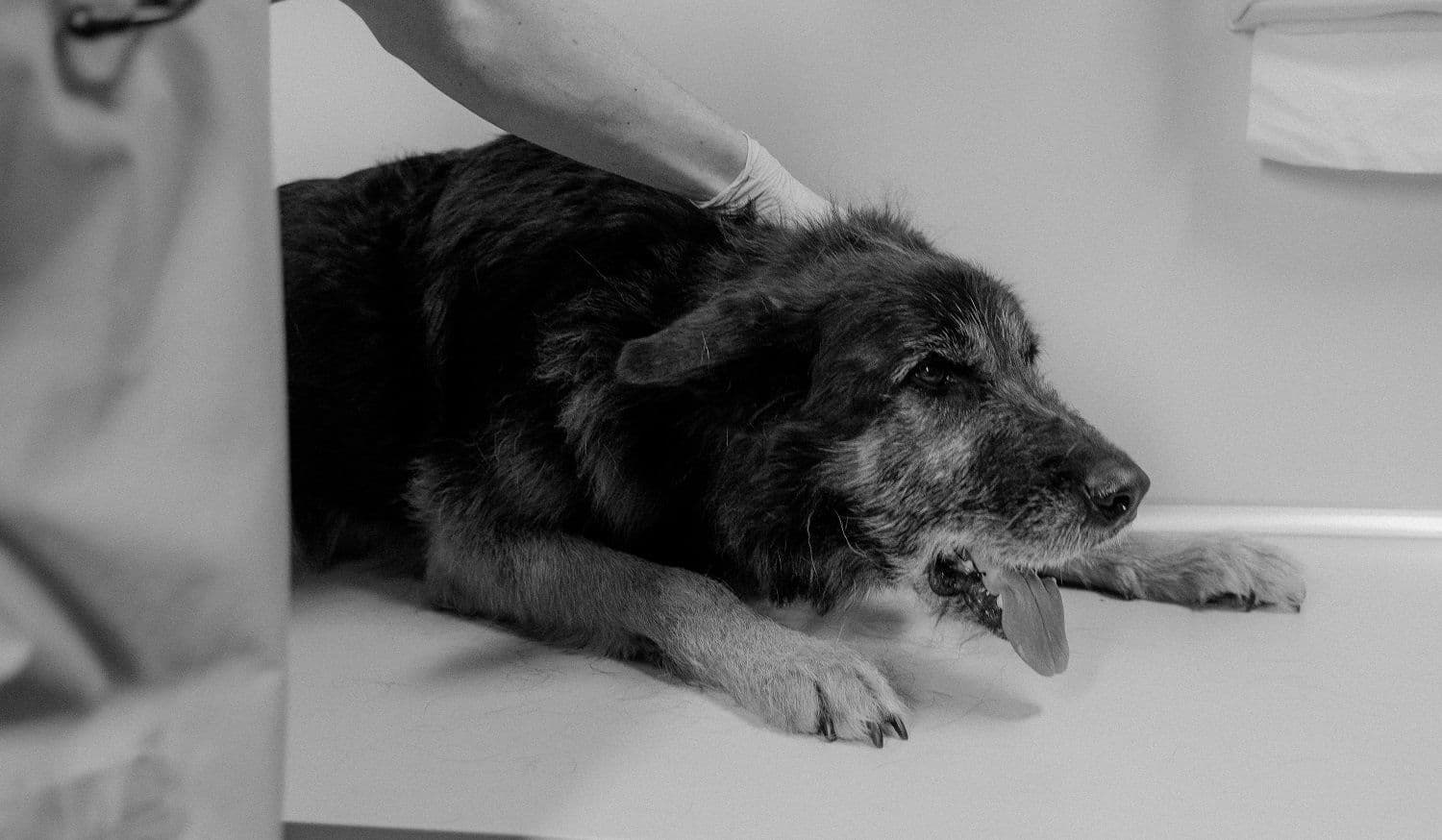Understanding Canine Cough
If your dog is coughing, it should not be a cause for alarm or concern, as it is considered a very common disease and easy to treat most of the time. However, it is important to observe other symptoms, since canine cough can be the warning sign of other more serious illnesses.
Cough is a sudden expulsion of air from the respiratory tract whose function is to eliminate secretions, mucus or any substance that may have been aspirated. Depending on how long it lasts, it can be an acute cough (a short period of time such as minutes, hours, or a few days) or a chronic cough (a cough that lasts for several days, weeks, or even months). It can also be a wet cough accompanied by secretions or a dry cough. Each one has different origins.
Causes of Cough in Dogs
As a clarification, we must remember that cough is not a disease, but a symptom that can indicate that there is a respiratory problem or disease. In other words, it is important to know that there are different reasons why your dog could be coughing continuously. These are the most common ones:
-
Due to the ingestion of a foreign body. This is one of the most common causes and it can happen that while they are playing they swallow something that may remain in their throat. If our dog coughs as if he had something in his throat, it is likely that we are facing this case. In addition, it will be restless, anxious and, depending on the location of the foreign body, it is likely that it will try to free itself from it by putting its paws in its mouth. He may also hypersalivate or try to vomit. Likewise, if the object is installed in the larynx, we will see that the dog coughs as if it were drowning. This is a veterinarian emergency.
-
Kennel Cough. The explanation for why our dog coughs could be the disease popularly known as kennel cough. As its name suggests, cough will be the characteristic sign of this disease, which is more common in animals housed in communities, since it is highly contagious. Actually, it is a group of respiratory diseases caused by different bacteria and viruses, such as the Parainfluenza virus or Bordetella bronchiseptica.
-
Lungworms. The presence of parasites in the lungs or, in general, in the respiratory tract, is another cause that explains why a dog coughs. There are several species that can infect dogs and are contracted by ingesting an intermediate host. In younger dogs, in addition to a persistent cough, weight loss and exercise intolerance may be noted. When coughing, the larvae reach the mouth and the dog swallows them, which can then be observed in the feces.
-
Pharyngitis. It is usually associated with infections in the mouth or systemic, as in the case of canine distemper, more common in puppies, which can cause the dog to cough and vomit, present diarrhea, anorexia or apathy. Pharyngitis causes pain, which can cause the dog to stop eating.
-
Heart problems. Certain symptoms such as cough, weakness or resistance to exercise could be indicating that they have a heart problem. These symptoms appear in diseases such as dilated cardiomyopathy, chronic valvular heart disease or heartworm disease, which is potentially fatal.
-
Collapse of the trachea. It is common especially in small breeds and adult dogs.
-
Chronic bronchitis and tracheitis. When the cough lasts for several weeks and exceeds two months, it is very possible that it is chronic bronchitis. It is most common in middle-aged or elderly dogs. It is usually of unknown origin. The coughing fits can end with the expectoration of saliva with a foamy appearance that can be confused with vomiting. If left untreated, it can lead to irreversible damage.
-
Neck pressure. If the collar puts too much pressure on their neck, they could start coughing due to the discomfort caused. Therefore, a harness is always more recommended than a collar.
-
Bacterial pneumonia. It is the inflammation of the lung and is caused by different bacteria.
-
Due to an anatomical anomaly. The most frequent in some breeds such as the boxer is the brachycephalic syndrome that produces cough, intolerance to physical activity, difficulty breathing, among other problems. Some predisposed breeds are: Boxer, English and French Bulldogs, Pugs, etc.
-
Environmental toxins and passive smoking. They can be the cause of the cough or worsen the diseases previously described.
Depending on the type and severity of the cough, the pet expert or your veterinarian will ask you some questions and perform different tests to determine the cause and the treatment to follow.
For more information, talk to one of our Pet Experts and get customized advice by submitting a request in our Mavyn website
